Author:
• Tim McGuinness, PhD DFin, MCPO, MAnth – Anthropologist, Scientist, Director of the Society of Citizens Against Relationship Scams Inc.

Abstract:
Dopamine is a powerful neurotransmitter that significantly influences our emotions, motivations, and behaviors. In the context of scams and deception, it becomes a tool for manipulation, making victims more susceptible to fraud and leaving them with deep psychological scars. Understanding the role of dopamine can help in developing better support systems for victims, aiding them in breaking free from the cycle of deception and healing from the trauma. Recognizing these patterns is crucial for both prevention and recovery.
Understanding Dopamine: What It Is, What It Does, and Its Impact on Scam Victims
What is Dopamine?
Dopamine is a neurotransmitter, a chemical messenger in the brain, that plays a crucial role in how we feel pleasure. It is a part of our brain’s reward system and is involved in many important functions, including mood regulation, attention, and motivation. It helps us seek out and achieve rewards, driving us to pursue goals and reinforcing behaviors that we find enjoyable.
What Does Dopamine Do?
Dopamine impacts various aspects of our daily lives. Here are some key functions:
Reward and Pleasure: Dopamine is released in the brain when we experience something pleasurable, like eating delicious food, having a good laugh, or achieving a personal goal. This release reinforces the behavior, making us want to repeat it.
Motivation and Drive: High levels of dopamine are associated with increased motivation and the drive to accomplish tasks and pursue rewards.
Mood Regulation: Dopamine levels influence our mood. Proper balance is essential for feeling happy and content, while imbalances can contribute to feelings of depression or apathy.
Attention and Learning: Dopamine helps regulate attention and is vital for learning processes. It influences how we focus on tasks and absorb new information.
Dopamine is a critical neurotransmitter that impacts various parts of the brain and body. Here’s an overview of the key areas where dopamine interacts:
Brain Regions Impacted by Dopamine
Prefrontal Cortex: Involved in complex cognitive behaviors, decision-making, and moderating social behavior. Dopamine in the prefrontal cortex is crucial for attention, working memory, and executive functions. Imbalances can affect decision-making and impulse control.
Basal Ganglia: Coordinates movement and influences various other functions including procedural learning and habits. Dopamine is vital for motor control and learning processes. Deficiency in this region is associated with Parkinson’s disease, characterized by motor impairments.
Ventral Tegmental Area (VTA): Dopamine plays a central role in the reward circuit, which is involved in the release of dopamine. The VTA releases dopamine to other brain areas, reinforcing rewarding behaviors and experiences. It is key to motivation and reward-based learning.
Nucleus Accumbens: It’s part of the reward circuit and is associated with pleasure and reinforcement learning. Dopamine release in this area promotes feelings of pleasure and reward, reinforcing behaviors and activities that trigger its release.
Hippocampus: Critical for the formation of new memories and learning. Dopamine modulates memory and learning processes. It influences the encoding of emotional and motivational aspects of memory.
Hypothalamus: Regulates vital bodily functions including temperature, hunger, and the endocrine system. Dopamine regulates the release of hormones from the hypothalamus, affecting various physiological processes such as stress response and reproductive behaviors.
Body Systems Impacted by Dopamine
Cardiovascular System: Dopamine can influence blood pressure and heart rate. It is used clinically in certain dosages to treat heart failure and shock by improving heart contractility and increasing blood flow.
Renal System: Dopamine plays a role in kidney function by promoting sodium excretion and increasing urine output. It helps regulate fluid and electrolyte balance in the body.
Endocrine System: Dopamine inhibits the release of prolactin from the pituitary gland, which is involved in lactation and reproductive functions. It also affects other hormones like growth hormone and thyroid-stimulating hormone.
Effects of Dopamine on Scam Victims
Dopamine plays a significant role in how scam victims are manipulated and controlled. Here’s how:
Manipulation of Reward Systems: Scammers exploit the brain’s reward system by creating scenarios that lead to dopamine release. For instance, a scammer might shower a victim with attention, compliments, and fabricated success stories. This causes the victim to feel pleasure and excitement, reinforcing trust and attachment to the scammer.
Increased Trust and Attachment: The consistent release of dopamine through positive interactions makes the victim feel a strong connection to the scammer. This emotional bonding can make it difficult for the victim to recognize deceit or to break away from the manipulative relationship.
Lowered Critical Thinking: High dopamine levels can impair critical thinking and judgment. When victims are flooded with dopamine-induced pleasure, they are less likely to notice red flags or question the scammer’s intentions.
Addiction to the Scam Cycle: Just like in addiction, victims can become hooked on the dopamine highs provided by the scammer’s manipulations. This makes them more likely to stay in the harmful situation and even return to similar scams after being deceived.
Dopamine and Psychological Trauma
Scams and deception often lead to psychological trauma, and dopamine plays a significant role in this process:
Emotional Rollercoaster: The alternating highs and lows created by the scammer can cause significant emotional turmoil. The initial dopamine highs are followed by devastating crashes when the scam is uncovered, leading to intense feelings of betrayal and hurt.
Trauma Bonding: The cycle of dopamine release and withdrawal can create a form of trauma bonding. Victims might feel an irrational attachment to their abuser, making it challenging to leave the abusive situation.
Post-Scam Depression: After a scam, the sudden drop in dopamine levels can lead to severe depression. Victims may struggle with feelings of worthlessness, guilt, and shame, exacerbating their psychological trauma.
Rebounding into New Scams: The psychological trauma and the craving for dopamine highs can drive victims to seek new relationships quickly, often falling into new scams. This creates a vicious cycle of victimization.
Scam victims often experience heightened dopamine activity during the scam due to the manipulative tactics of scammers, which create a false sense of reward and attachment. This leads to several psychological effects:
Emotional Bonding and Attachment: Scammers use intermittent positive reinforcement (e.g., affection, flattery) to increase dopamine release, creating strong emotional bonds with the victim.
Reduced Critical Thinking: High dopamine levels can impair judgment and critical thinking, making victims less likely to recognize red flags and more susceptible to manipulation.
Trauma and Withdrawal: Once the scam is uncovered, the sudden drop in dopamine levels can lead to severe emotional distress, similar to withdrawal symptoms experienced by addicts. This can cause anxiety, depression, and difficulty in trusting others.
Summary
Dopamine is a powerful neurotransmitter that significantly influences our emotions, motivations, and behaviors. In the context of scams and deception, it becomes a tool for manipulation, making victims more susceptible to fraud and leaving them with deep psychological scars. Understanding the role of dopamine can help in developing better support systems for victims, aiding them in breaking free from the cycle of deception and healing from the trauma. Recognizing these patterns is crucial for both prevention and recovery.
Understanding the role of dopamine in the brain and body helps explain why scam victims often find it challenging to break free from the cycle of deception and why they experience significant psychological trauma.
Sources
- The Neuroscience of Happiness and Pleasure – PMC National Institutes of Health (NIH) (.gov) https://www.ncbi.nlm.nih.gov › articles › PMC3008658
- The Neuroscience of Happiness – The Mind, Brain, Body Digest Mind Brain Body Lab https://blog.mindbrainbodylab.com › the-neuroscience-…
- Positive Emotion and the Brain: The Neuroscience of Happiness Oxford Academic https://academic.oup.com › book › chapter
- Harvard Health Publishing – “The Neuroscience of Reward” Link (harvard.edu)
- Scientific American magazine “The Neuroscience of Happiness”
- National Institute on Drug Abuse – “Brain and Body Response to Drugs”
- Frontiers in Psychology – “The Neuroscience of Reward and the Role of Dopamine in the Reward System”
- Journal of Neuroscience – “Dopamine Signaling and Reward”
Additional
Related Information
The manipulation tactics used by relationship scammers, crypto investment scammers, and sextortion scammers often leverage dopamine signaling in the brain to control their victims. Here’s a breakdown of how these tactics work, supported by recent studies:
Dopamine and Reward Mechanisms:
Scammers exploit the brain’s reward system by creating situations that trigger dopamine release, which reinforces certain behaviors. For example, in relationship scams, victims receive affectionate messages and attention, which activate dopamine pathways similar to those triggered by genuine romantic interactions. This reinforcement makes victims more susceptible to manipulation and less likely to notice red flags (JNeurosci) (ScienceDaily).
Transition from Goal-Directed to Habitual Behavior:
The manipulation tactics used by scammers can shift victims’ behavior from goal-directed actions to habitual responses. This is particularly evident in investment scams, where initial small rewards (returns on investment) lead to a habit of trust and further investment. Dopamine plays a crucial role in this shift by reinforcing repeated behaviors, eventually making them less sensitive to negative outcomes or risk evaluations (JNeurosci).
Emotional Manipulation and Cognitive Biases:
Sextortion scammers often use fear and urgency to manipulate victims. This type of emotional manipulation can significantly affect dopamine signaling, creating a heightened state of arousal and stress. Studies have shown that high levels of dopamine during stressful situations can impair decision-making and increase susceptibility to cognitive biases, making victims more likely to comply with demands to avoid perceived threats (ScienceDaily).
Habit Formation and Long-Term Behavioral Changes:
Chronic manipulation and repeated engagement with scammers can lead to long-term changes in brain structure and function. Research indicates that sustained exposure to manipulative tactics can enhance the formation of habits, driven by dopamine signaling pathways. This can lead to persistent behaviors even in the face of negative consequences, as seen in victims who continue to send money or personal information despite evidence of the scam (JNeurosci).
These studies highlight the significant role of dopamine in the manipulation strategies employed by various types of scammers. Understanding these mechanisms can help in developing better preventive measures and support systems for victims of such scams.
IMPORTANT NOTE: This article is intended to be an introductory overview of complex psychological, neurological, physiological, or other concepts, written primarily to help victims of crime understand the wide-ranging actual or potential effects of psychological trauma they may be experiencing. The goal is to provide clarity and validation for the confusing and often overwhelming symptoms that can follow a traumatic event. It is critical to understand that this content is for informational purposes only and does not constitute or is not a substitute for professional medical advice, diagnosis, or treatment. If you are experiencing distress or believe you are suffering from trauma or its effects, it is essential to consult with a qualified mental health professional for personalized care and support.

Welcome to the SCARS INSTITUTE Journal of Scam Psychology
A Journal of Applied Scam, Fraud, and Cybercrime Psychology – and Allied Sciences
A dedicated site for psychology, victimology, criminology, applied sociology and anthropology, and allied sciences, published by the SCARS INSTITUTE™ – Society of Citizens Against Relationship Scams Inc.
TABLE OF CONTENTS
A Question of Trust
At the SCARS Institute, we invite you to do your own research on the topics we speak about and publish, Our team investigates the subject being discussed, especially when it comes to understanding the scam victims-survivors experience. You can do Google searches but in many cases, you will have to wade through scientific papers and studies. However, remember that biases and perspectives matter and influence the outcome. Regardless, we encourage you to explore these topics as thoroughly as you can for your own awareness.
Please Leave A Comment
Recent Comments
On Other Articles
[better_recent_comments number=”5″ format=”{avatar} on {post}: “{comment}” {date}” avatar_size=”20″]
A Note About Labeling!
We often use the term ‘scam victim’ in our articles, but this is a convenience to help those searching for information in search engines like Google. It is just a convenience and has no deeper meaning. If you have come through such an experience, YOU are a Survivor! It was not your fault. You are not alone! Axios!
Statement About Victim Blaming
Some of our articles discuss various aspects of victims. This is both about better understanding victims (the science of victimology) and their behaviors and psychology. This helps us to educate victims/survivors about why these crimes happened and to not blame themselves, better develop recovery programs, and to help victims avoid scams in the future. At times this may sound like blaming the victim, but it does not blame scam victims, we are simply explaining the hows and whys of the experience victims have.
These articles, about the Psychology of Scams or Victim Psychology – meaning that all humans have psychological or cognitive characteristics in common that can either be exploited or work against us – help us all to understand the unique challenges victims face before, during, and after scams, fraud, or cybercrimes. These sometimes talk about some of the vulnerabilities the scammers exploit. Victims rarely have control of them or are even aware of them, until something like a scam happens and then they can learn how their mind works and how to overcome these mechanisms.
Articles like these help victims and others understand these processes and how to help prevent them from being exploited again or to help them recover more easily by understanding their post-scam behaviors. Learn more about the Psychology of Scams at www.ScamPsychology.org
Psychology Disclaimer:
All articles about psychology, neurology, and the human brain on this website are for information & education only
The information provided in these articles is intended for educational and self-help purposes only and should not be construed as a substitute for professional therapy or counseling.
While any self-help techniques outlined herein may be beneficial for scam victims seeking to recover from their experience and move towards recovery, it is important to consult with a qualified mental health professional before initiating any course of action. Each individual’s experience and needs are unique, and what works for one person may not be suitable for another.
Additionally, any approach may not be appropriate for individuals with certain pre-existing mental health conditions or trauma histories. It is advisable to seek guidance from a licensed therapist or counselor who can provide personalized support, guidance, and treatment tailored to your specific needs.
If you are experiencing significant distress or emotional difficulties related to a scam or other traumatic event, please consult your doctor or mental health provider for appropriate care and support.
Also, please read our SCARS Institute Statement About Professional Care for Scam Victims – here
If you are in crisis, feeling desperate, or in despair please call 988 or your local crisis hotline.
SCARS Institute Resources:
- If you are a victim of scams go to www.ScamVictimsSupport.org for real knowledge and help
- Enroll in SCARS Scam Survivor’s School now at www.SCARSeducation.org
- To report criminals visit https://reporting.AgainstScams.org – we will NEVER give your data to money recovery companies like some do!
- Sign up for our free support & recovery help by https://support.AgainstScams.org
- Follow us and Find our podcasts, webinars, and helpful videos on YouTube: https://www.youtube.com/@RomancescamsNowcom
- SCARS Institute Songs for Victim-Survivors: https://www.youtube.com/playlist…
- See SCARS Institute Scam Victim Self-Help Books at https://shop.AgainstScams.org
- Learn about the Psychology of Scams at www.ScamPsychology.org
- Dig deeper into the reality of scams, fraud, and cybercrime at www.ScamsNOW.com and www.RomanceScamsNOW.com
- Scam Survivor’s Stories: www.ScamSurvivorStories.org
- For Scam Victim Advocates visit www.ScamVictimsAdvocates.org
- See more scammer photos on www.ScammerPhotos.com


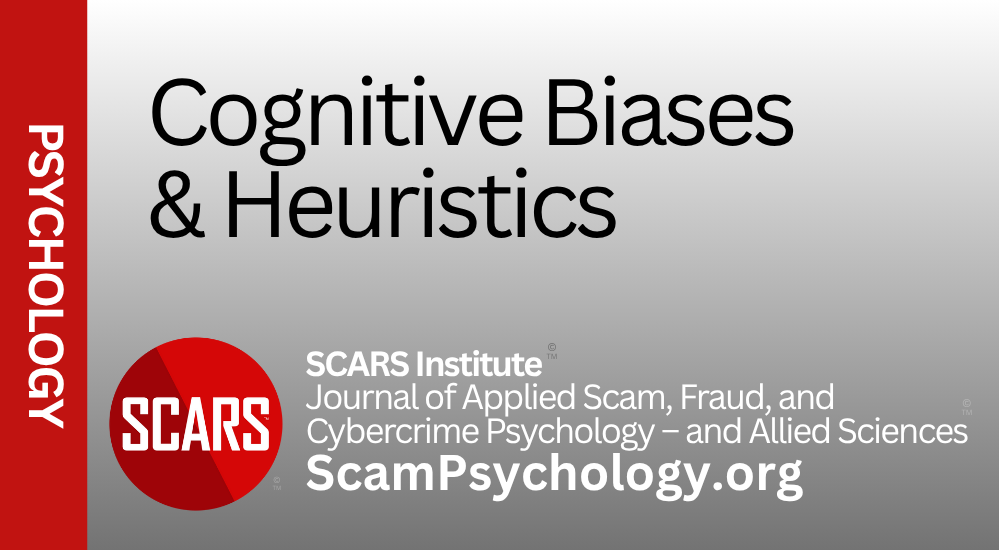
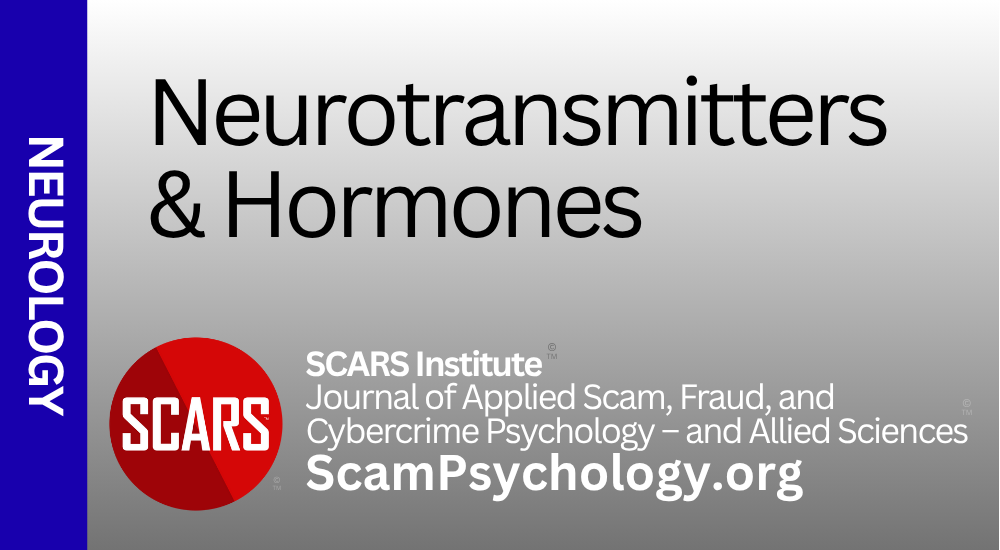

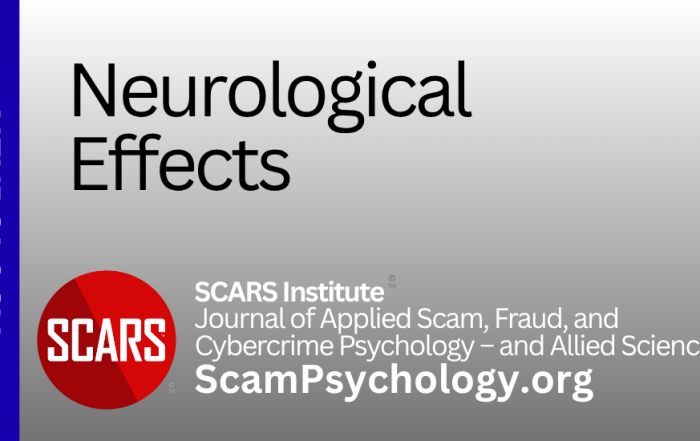

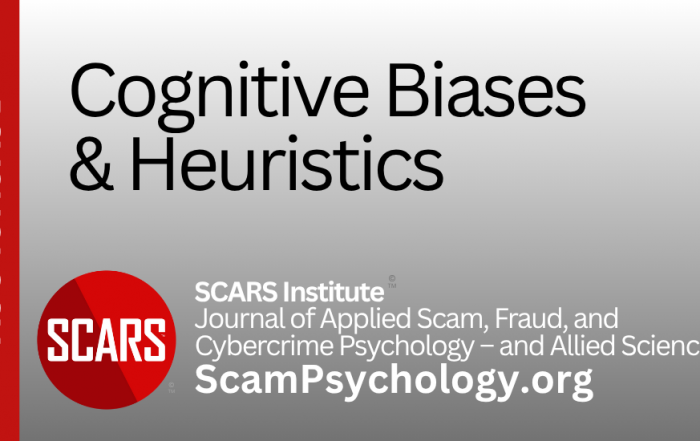




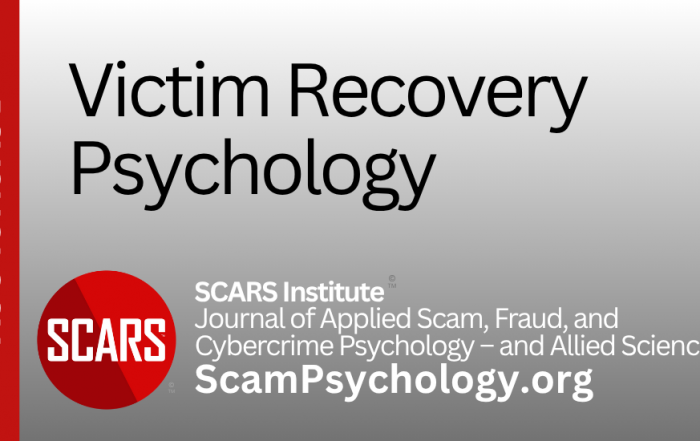


![niprc1.png1_-150×1501-11[1]](https://scampsychology.org/wp-content/uploads/2025/05/niprc1.png1_-150x1501-111.webp)